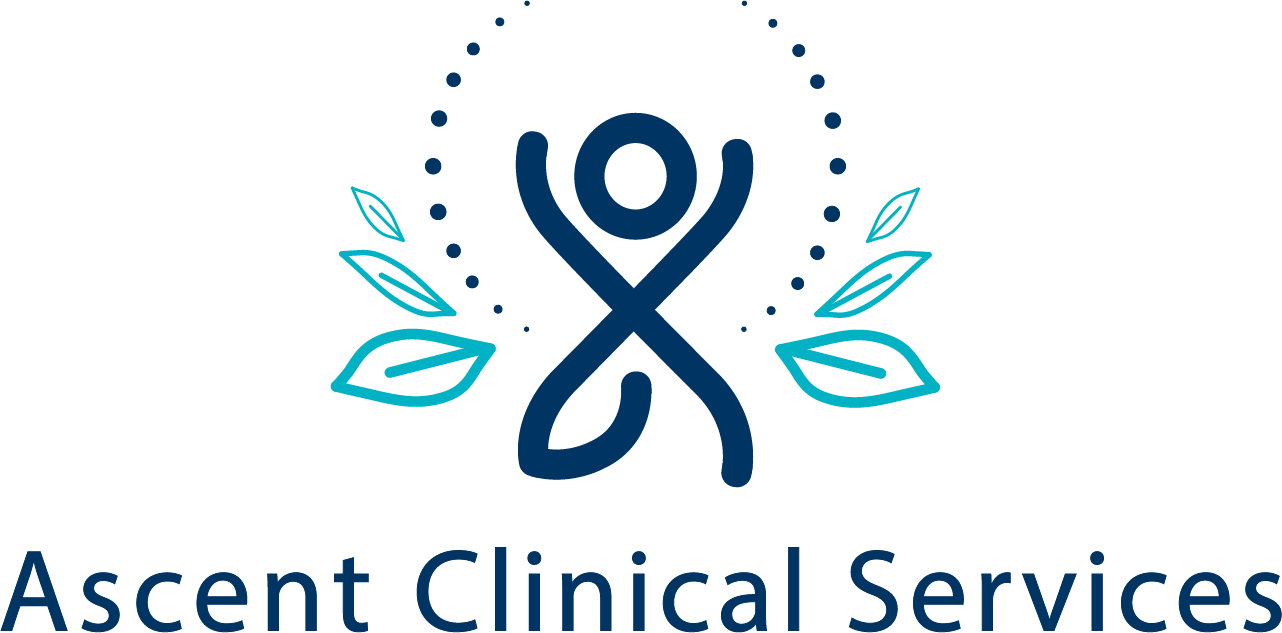What Is A Functional Addict?
Functional addicts are incredibly prevalent in our society. According to researchers at the NIAAA, approximately 20% people with alcohol use disorder qualify as functional. For a myriad of reasons, high functioning addicts typically go undetected or uninhibited. Some of the chief characteristics of a functional addict are outlined below.
First, functional addicts typically hold a career for years, unlike less functional addicts. Many are often very successful and reputable in their field of choice. However, they’re often scared that if their addiction is discovered, their reputation and career will suffer. So they take effortful steps to avoid the appearance of someone who’s struggling with their career, family or social ties. Because functional addicts are skillful at hiding their afflictions, they often go through life for a longer period of time without receiving treatment. This increases the likelihood their health and relationships will suffer in the long run. Although some employers and family members may recognize signs of a problem, they often go unaddressed because a functional addict is performing their work at the desired or greater than necessary level.
One of the overarching themes with functional addicts is their ability to maintain a successful and stable career despite their addiction. As demonstrated below, addiction doesn’t discriminate between occupation or overall demographics. The following are some of the most high risk occupations that functioning addicts typically hold.
- Law enforcement officers
- Firefighters
- Lawyers
- Healthcare workers
- Veterans/Military personnel
- Business executives
- Politicians
How To Identify A High Functioning Addict
Since high functioning addicts are well adept at hiding their affliction, it can occasionally be difficult to identify in the workplace. One of the most common responses when people are asked if they struggle with addiction is, “if I were using, I wouldn’t be able to show up and perform at work everyday.” But that’s simply not true. These individuals are high functioning for a reason and can typically maintain their substance use for a prolonged period of time while going relatively unnoticed.
If you’re concerned that a co-worker or loved one is struggling with an addiction, here are some key features among functional addicts.
1. Unexplained financial loss: A glaring red flag to business partners or spouses is financial losses. Alcoholism and or drug use is incredibly expensive to maintain and can’t be hidden for long.
2. Isolation: Overtime, addiction takes its toll on personal relationships. One of the hallmark signs of addiction, at any level, is increased social isolation.
3. Excuses/Lies: When confronted with accusations of substance abuse, addicts will do almost anything to hide their struggle. Especially amongst functional addicts, they feel the need to project a tone of normalcy and having their life together. Oftentimes, they’ll use their professional success/functionality to justify that everything is fine.
4. Enabling relationships: Many occupations take the stance of acceptance and encouragement of certain types of substance use. Functional addicts will seek approval and validation from co-workers that their behavior and substance use is acceptable.
If you suspect your co-worker or spouse is a high functioning addict, we can help! Contact our team today to learn more about our program and approach to treating addiction.

